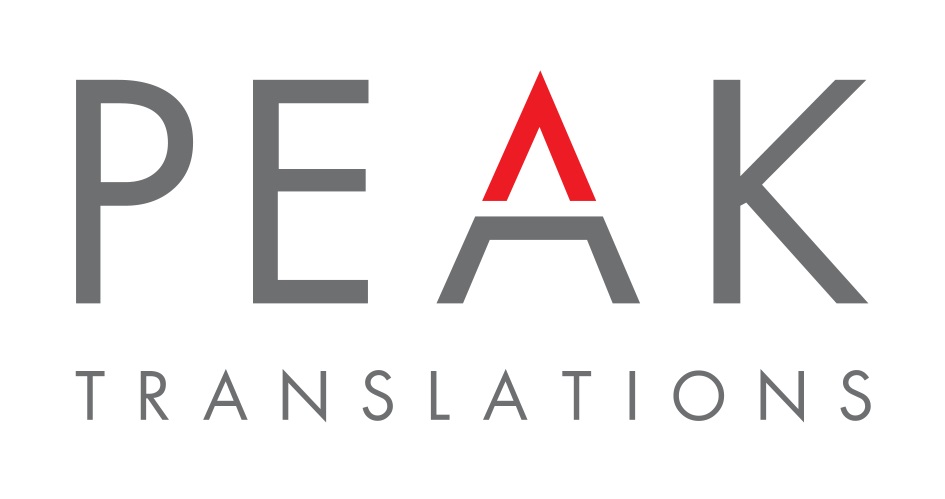Machine translation, the automated process of translating text or speech from one language to another, has become an widely-used tool in our interconnected world. Services like Google Translate and DeepL have made it easier to communicate across language barriers, facilitating global collaboration, commerce, and understanding. And many translation companies have developed their own neural machine translation tools to integrate into their existing workflows. However, beneath the surface of this technology lie several ethical considerations that demand our attention. In this article, we will explore the ethical aspects of using machine translation and the implications for society, culture, and individuals.
Accuracy and Quality
One of the primary ethical concerns with machine translation is the accuracy and quality of translations. While these systems have made significant advancements, they are still far from perfect. Relying solely on machine translation can lead to misunderstandings, miscommunications, and potentially grave consequences in certain situations, such as medical, legal, or technical contexts. It raises questions about responsibility and accountability when machine-translated content is used in critical settings.
Cultural Sensitivity and Appropriateness
Language is deeply rooted in culture, and translating cultural nuances is a complex task. Machine translation often struggles with preserving these subtleties. Ethical concerns arise when machine-translated content inadvertently promotes cultural insensitivity, stereotypes, or appropriation. It is crucial to consider the implications of machine translation on cultural identity and understanding, particularly when dealing with sensitive topics or materials.
Job Displacement
The widespread adoption of machine translation has led to concerns about job displacement within the translation industry. Professional translators who have dedicated years to honing their linguistic and cultural expertise face potential unemployment as machines take over their roles. This raises ethical questions about the societal impact of automation and the need for retraining and support for displaced workers.
Privacy and Data Security
Machine translation services often rely on vast amounts of data, including user-generated content, to improve their algorithms. This raises concerns about privacy and data security. Users may not be aware of the extent to which their data is being used, and there is a risk of sensitive or confidential information being exposed or misused. Companies providing machine translation services must be transparent about their data practices and ensure robust security measures.
Bias and Discrimination
Machine translation systems are not immune to bias. They can inadvertently perpetuate biases present in the training data, leading to translations that reinforce stereotypes or discriminate against certain groups. Addressing bias in machine translation is an ethical imperative, requiring continuous monitoring, evaluation, and adjustment of algorithms to ensure fairness and inclusivity.
Accessibility and Inclusivity
Machine translation can play a crucial role in making information accessible to individuals who speak minority languages or have limited access to education. However, it is essential to ensure that machine translation tools are developed and deployed with a commitment to inclusivity, taking into account the unique linguistic needs and challenges of different communities.
Conclusion
The ethical dimensions of using machine translation are complex and multifaceted. While these technologies offer unprecedented convenience and connectivity, they also present challenges that demand careful consideration and responsible deployment. It is crucial for developers, businesses, and policymakers to prioritise accuracy, cultural sensitivity, fairness, and privacy when integrating machine translation into various aspects of society. By addressing these ethical concerns, we can harness the power of machine translation to bridge language barriers while respecting the values and dignity of all individuals and cultures involved.



